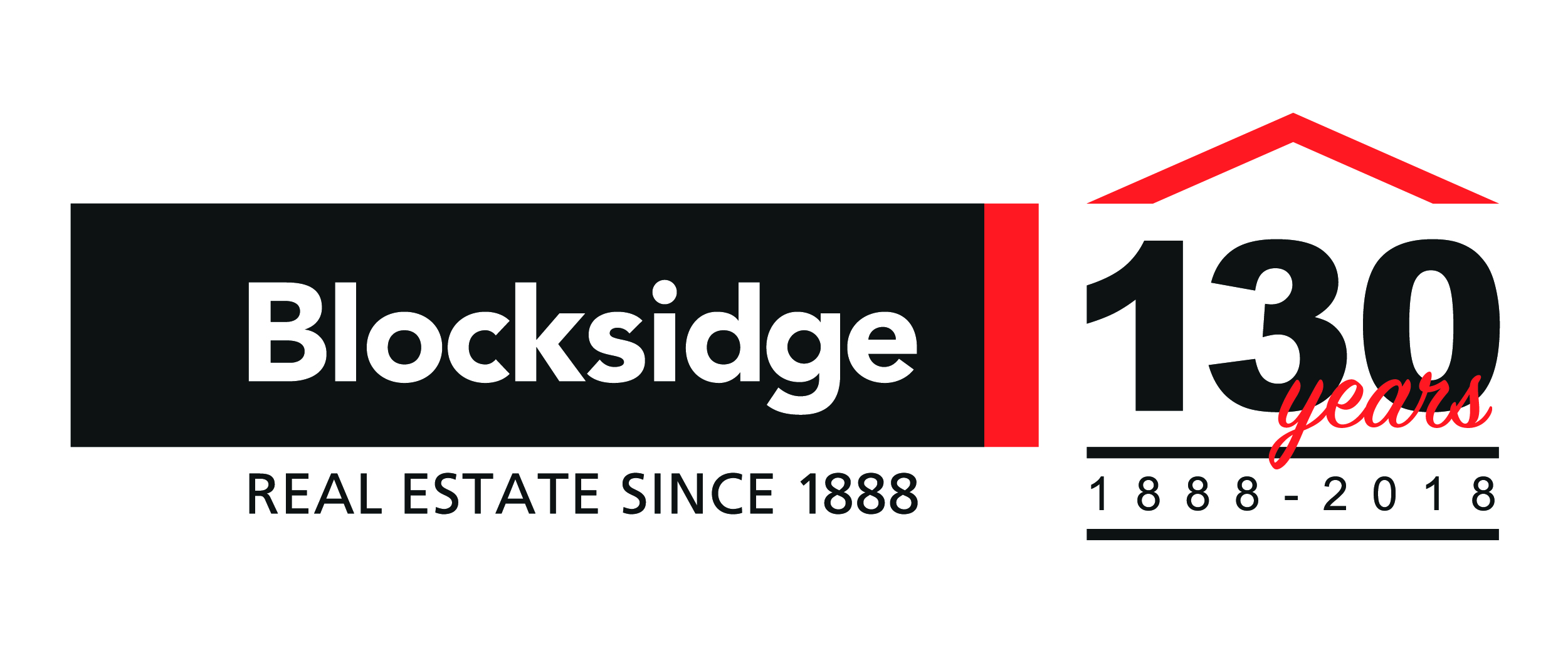Investing in Brisbane Property - Residential vs Commercial
Interested in investing in Brisbane? If so you’ll be happy to read that there are investment opportunities aplenty in the Brisbane property market. Just take a look at our current crop of commercial and residential listings for sale! These opportunities are available as either residential property investments or commercial property investments. So, what are some of the key considerations when deciding whether your next investment property will be residential or commercial.

Investing in Brisbane – types of residential and commercial property
Investing in Brisbane’s residential property market offers a choice to buy a freehold property like a house or to buy into a strata-titled property like a unit or townhouse.
Similarly, a commercial property may be either freehold or strata-titled. However, there are also three different property types to consider when investing in Brisbane – office, retail, and industrial.
There are benefits and downsides to each of these types of property. For example, freehold properties offer greater flexibility with regards to renovations and maintenance as you will not have seek to Body Corporate Committee approval. On the flip side, the Body Corporate Committee for strata-titled property will organise maintenance of the common areas meaning you don’t have to spend time and effort doing it yourself.
Are the residential and commercial property markets driven by the same factors?
Generally speaking, to some degree the answer is yes. The fundamental driver for property growth, both commercial and residential, is demand. However, residential demand is driven primarily by population growth where commercial demand is driven by both population growth and economic factors.
It is important to understand these growth factors when deciding where and when to investment.

Is the risk level the same?
In short, no. The level of risk does vary between a commercial and a residential property investment. For example, sometimes commercial property can remain empty for much longer periods of time than residential property. This can result in prolonged periods of no cash flow coming in but overhead costs still accruing.
In addition, the size of a commercial property can in itself present a greater risk for a property investor. Larger commercial properties can be harder to lease and will cost a lot more to hold and maintain.
However, commercial properties can offer some great benefits over residential properties like longer leases and the ability to recover some holding costs from tenants.
Are commercial leases the same as residential leases?
No. Commercial leases are governed by different legislation to residential leases. Residential leases are governed by the Residential Tenancies and Rooming Accommodation Act whereas commercial leases are governed by the Retail Shop Leases Amendment Act.
Commercial leases often include clauses that are not applicable to residential leases such as:
- Rent increases linked to CPI
- Tenants paying all or some outgoings (e.g. rates, land tax, body corporate fees, water etc.)
- Tenancy make-good requirements
- Leases with option(s) to renew
Responsibility for maintenance – commercial landlords vs residential landlords
Commercial landlords are responsible for the external maintenance of their property. The tenants are responsible for the internal maintenance when leasing a commercial property. Dependent on the lease agreement T&Cs, landlords can also make it the tenants’ responsibility to “make good” the commercial property when their lease is up. This may entail stripping any fit-out installed by the tenant or negotiating a cash settlement to be paid to the landlord to have a company of their choice strip everything out.
Residential landlords are responsible for all maintenance of their property – both internally and externally. The Residential Tenancies Authority has a comprehensive list of all of the repairs and maintenance costs a landlord will be required to pay for.

Is financing a commercial property purchase the same process as a residential purchase?
Not really. Commercial property finance is often more complex than normal residential finance. For example, banks will often base their lending on the rent/yields achieved by the commercial property.
Anything else to keep in mind?
One last thing to keep in mind is that Capital Gains Tax (CGT) on commercial properties works in a similar way to residential properties but there are a few key differences:
- Unlike residential property where your principal place of residence is exempt from CGT, owner-occupied commercial property is not exempt from CGT.
- There are particular discounts and offsets available for certain types of commercial property owners dependent on usage and ownership structures.
- Companies are not eligible for the 50% discount on assets held for more than 12 months.
In addition to CGT, commercial property owners are also generally liable to pay GST.

So how do you decide – residential or commercial?
It largely depends on your portfolio. If you’re looking to diversify and you want a cash flow injection, a small commercial property may be a good addition. As with all investment decisions just make sure you do thorough due diligence and understand the rewards and risks involved.
What next?
If you’re interested in purchasing a commercial property investment Blocksidge Real Estate have a team of commercial property agents with a wealth of experience to assist you. Alternatively, our residential property agents are also available to assist. You can contact us here.



